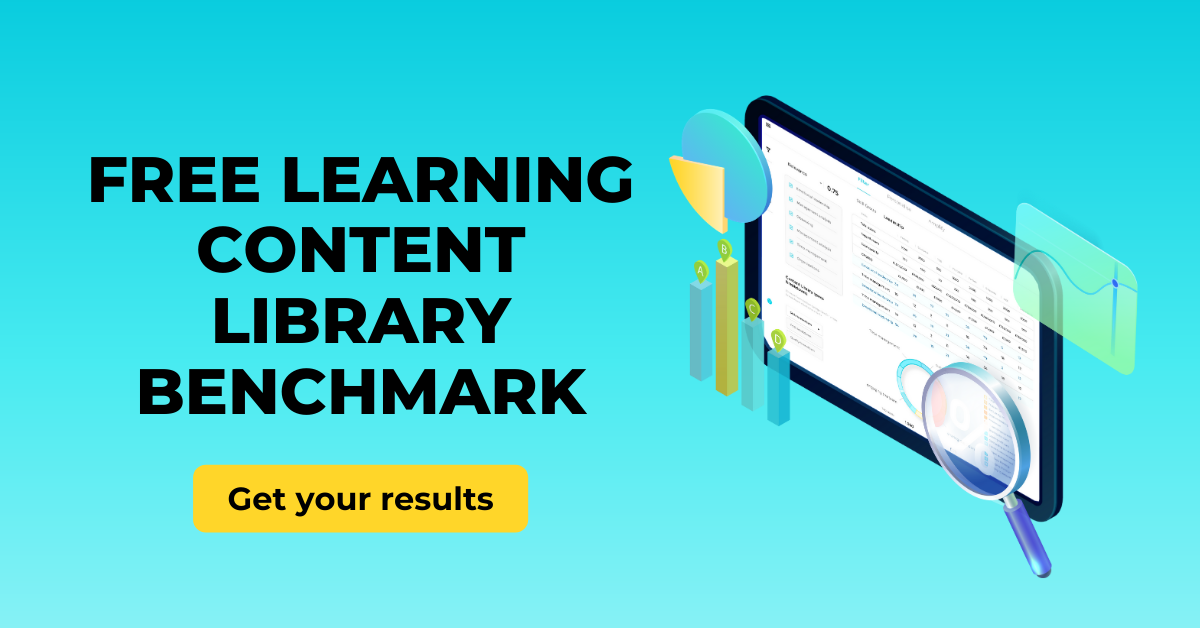|
TL;DR - To make good decisions, we need to understand how certain our measurements and predictions are. The best way to understand uncertainty is to take multiple measurements and consider them from different perspectives. Understanding your digital learning with Content Intelligence allows you to consider subjective data alongside an objective measurement of relevance. This allows for confident data-driven content decisions. |
People sometimes react with incredulity when I tell them I spent three years making a single measurement. But it’s actually quite a bit worse than that (the mass I was measuring, of the W boson, was well known anyway): I spent three years estimating the error on the measurement.
Knowing the uncertainty in data turns it into useful information, and it’s information we need to make fearless decisions.
In L&D, we often think ahead to future skills requirements - what capabilities are our organisations going to need in a year, in five years, and are we supporting them?
Of course, those requirements are uncertain, but a good strategy plans for what is most likely, and is flexible enough to adapt to what we haven’t predicted.
To make good decisions, we need to understand how certain our measurements and predictions are.
The best way to understand uncertainty is to take multiple measurements. If I flip a coin twice, I can’t tell if it’s biased. If I flip it 100 times, I can. It’s even better if you can come at the problem in different ways. Triangulating - getting information from independent sources - gives you a way of reducing the risk of bias, or systematic error, inherent in a single approach.
That’s why understanding your digital learning with Content Intelligence (CI) makes for fearless decisions.
You already have a wealth of opinion-based information about your content portfolio:
- you collate feedback and requests from your learners;
- your suppliers give you their view of their content’s skills focus and strengths; and
- you know the opinion of your subject matter experts and L&D team…
CI allows you to consider that subjective data on content alongside an objective measurement of its relevance to your requirements - whether they are based on skill, modality, or language.
Triangulating your organisation’s opinions with an independent perspective means you can have confidence in data-driven content procurement and curation decisions.
If you want to make fearless decisions about your learning content, book a 30-minute Content Clinic with our team >

